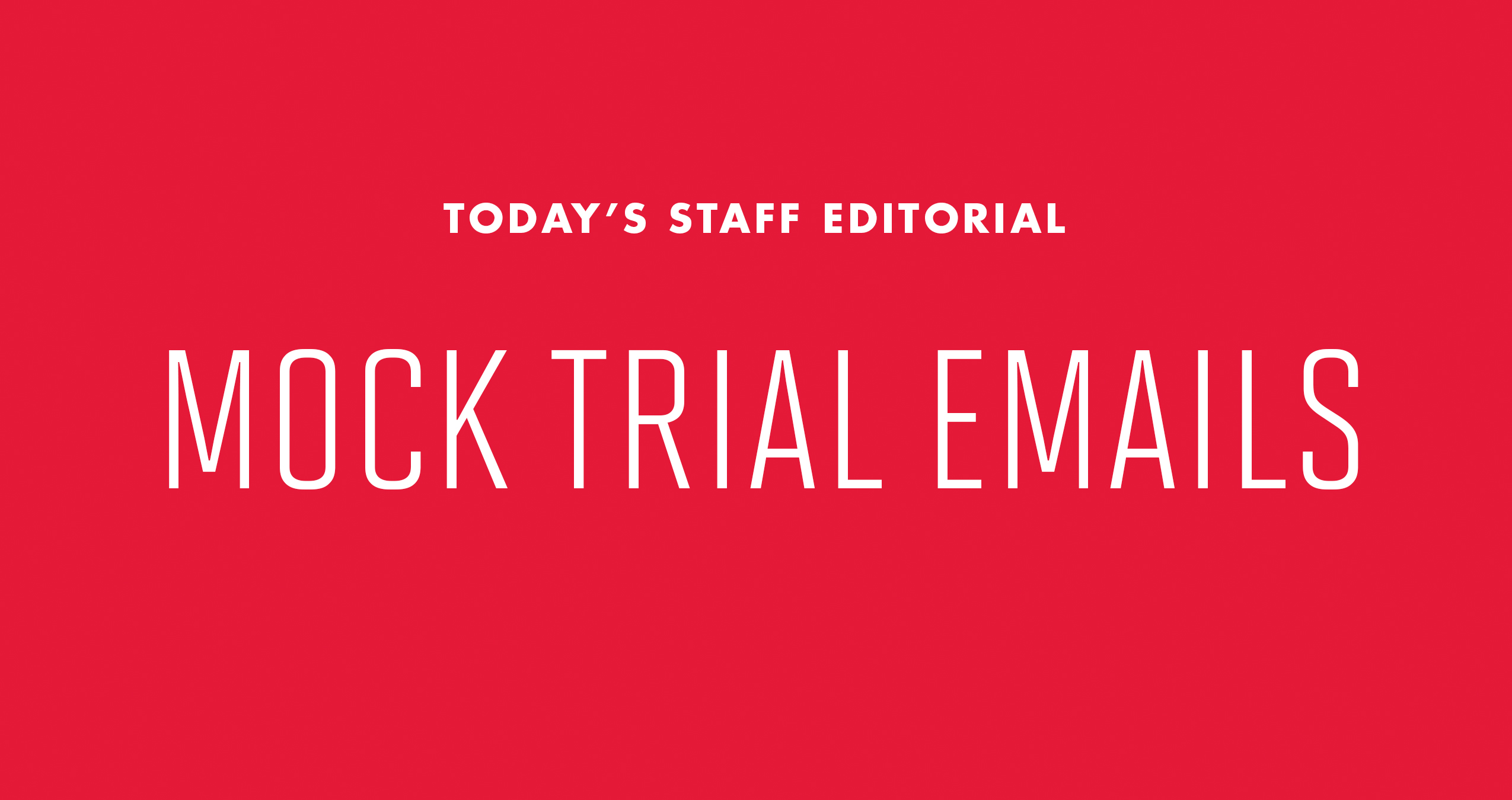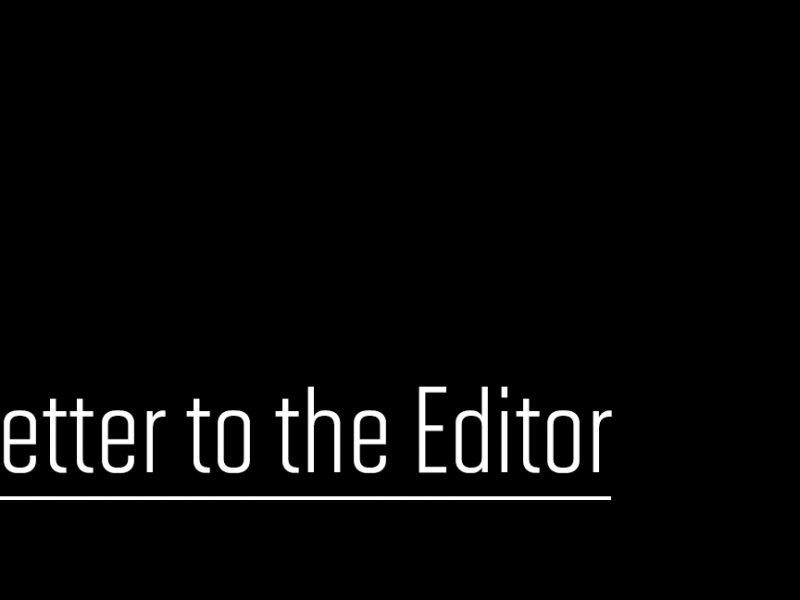Two coaches resigned Friday from their positions with the University of Maryland mock trial team after accidentally sharing a racist email with the entire class. On Thursday, mock trial coach Mark Graber sent an email to accepted students that included a previous message from his daughter, volunteer assistant coach and lawyer Abigail Graber, questioning the number of Latino students who should be admitted to the team.
The email read, in part, “The question I have is about diversity. There were three (obviously) latino students who came; 1 was mediocre, two were pretty bad (1 of the two bad ones didn’t seem to take it especially seriously). But we have almost no latino students on team. If I were to rank purely on performance, I would probably only take 1 of them. Should I take 2? All three?”
To its credit, University of Maryland administration asked Mark and Abigail Graber to resign. Following a year of complacency in the face of rising racial tensions and proliferating bias incidents, the editorial board commends the administration for acting swiftly to remove the two coaches from their positions. After a white Maryland student allegedly killed a black visitor, it appears administration has been enlightened to the degradation, prejudice and violence marginalized communities experience at this university. The editorial board hopes this understanding will translate into forceful and ongoing action.
But this email correspondence has broader ramifications than the removal of two mock trial coaches. It highlights a deep misunderstanding of diversity’s purpose on college campuses. Abigail Graber’s mistake must serve as a lesson for administration, faculty and staff at this university.
This is the vision of diversity in Abigail Graber’s email: Diversity is a service white people perform for minority groups. It is about begrudgingly accepting folks one would rather not accept. One achieves diversity when one includes a certain quantity, a certain raw number of underrepresented minorities in an institution.
That vision of diversity is worse than tokenism — it’s begrudging tokenism. Teachers, coaches and managers who adhere to this understanding feel compelled to include small numbers of marginalized people in their classes and teams, but they aren’t happy about it. This dissatisfaction with inclusion prevents anyone from reaping its benefits.
Because diversity isn’t a gift from those with privilege to those without it. Diversity is a commitment to equal opportunity that rewards all people with all identities and from all backgrounds. It furthers this university’s educational mission by facilitating cultural exchange. Diversity prepares students for the workplace, and it fosters innovation and advancement.
But we cannot hope to grasp these benefits if campus leaders treat inclusion like a chore. The mock trial email exchange revealed that not everyone on this campus is on the same page when it comes to diversity. The editorial board recommends bolstering and expanding diversity training for faculty and staff, and requiring training for all SGA recognized and Greek life organizations. Hopefully, those steps will provide campus leaders the education required to foster a diverse campus and reap the attendant benefits.



